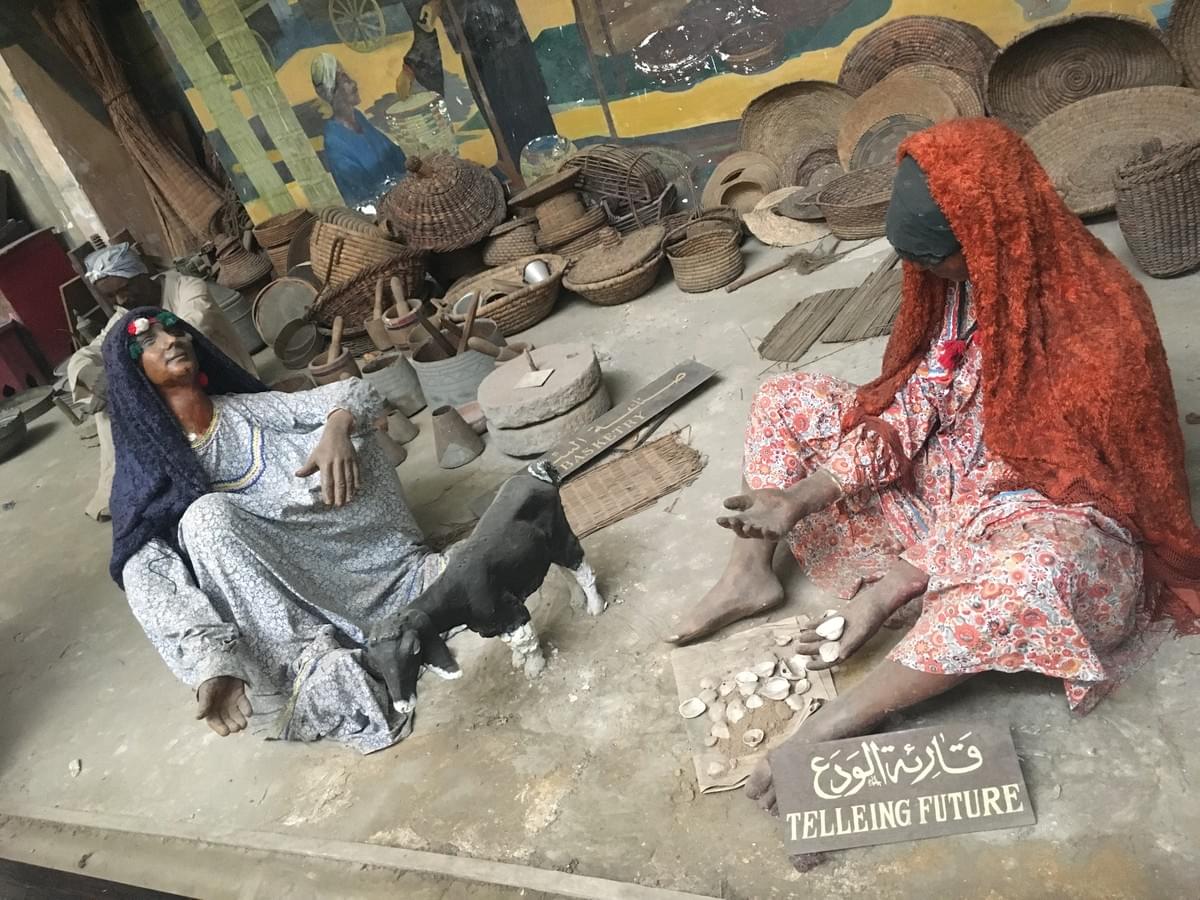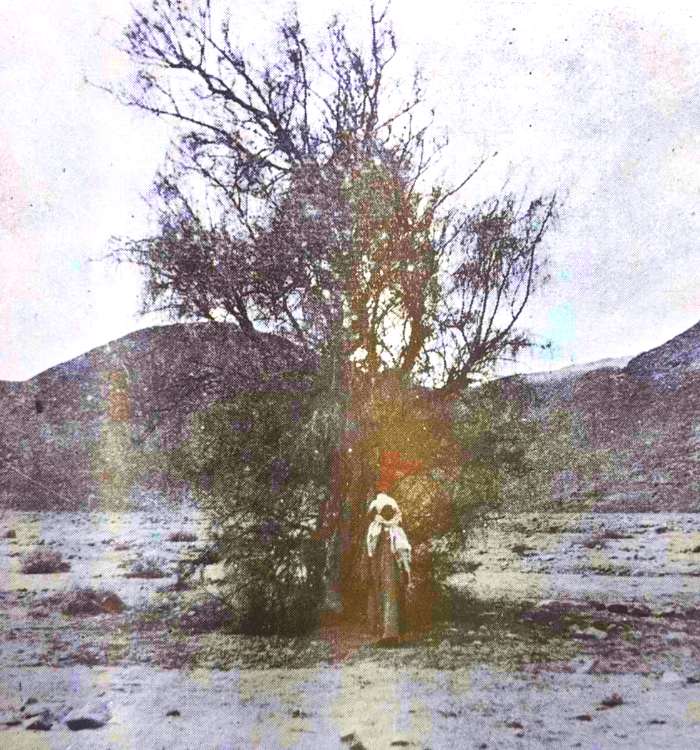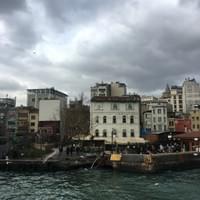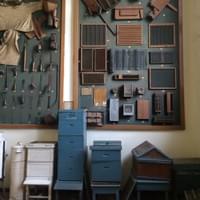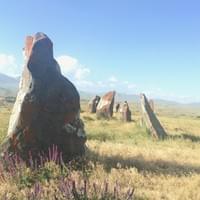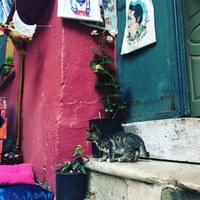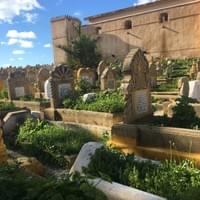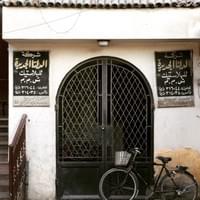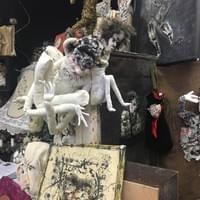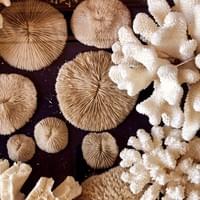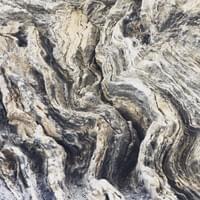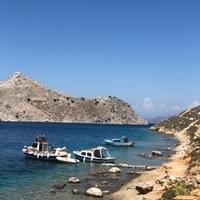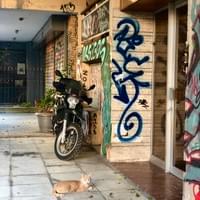
Taylor M. Moore
Historian of the Modern Middle East
magic + medicine + museums
ABOUT ME
historian + writer

📸: Mariah Miranda Photography
Taylor M. Moore is a historian of science and technology in the modern Middle East, specializing in nineteenth- and early twentieth-century Egypt. For the 2025-2026 academic year, she is in residence as a member of the School of Historical Studies at the Institute for Advanced Study in Princeton, New Jersey. In July 2026, she will join the Department of History and the Program in the History of Science and Medicine at Yale University as an assistant professor. She is also a Junior Fellow in the Andrew W. Mellon Society of Fellows in Critical Bibliography at the University of Virginia's Rare Book School. Her first book, Amulet Tales: Race, Magic, and the Making of Modern Egypt, is under contract with Duke University Press.
Moore's scholarship has been published in the American Historical Review, Isis: The Journal of the History of Science Society, History of the Present, the International Journal of Middle East Studies, Historical Studies in the Natural Sciences, and the Los Angeles Review of Books. Her article, "An (Un)Natural History," won the 2024 David Edge Prize and the 2024 Price/Webster Prize.
Moore's broader research and teaching interests lie at the intersections of critical race, gender, and sexuality studies, decolonial materiality, and histories of science, technology, medicine, and the occult in the non-West. Her work is invested in illuminating the occult(ed) networks, economies, and actors whose knowledge, bodies, and labor are generally rendered invisible in Eurocentric histories of global science.
Born and raised in southern Louisiana, Moore received her Ph.D. in History from Rutgers, The State University of New Jersey. She holds a dual BA in Honors Political Science and Sociology from the American University in Cairo. Her research has been funded by The Harvard Academy for International and Area Studies, the University of California President’s Postdoctoral Fellowship, Ford Foundation Predoctoral and Dissertation Fellowships, the Social Science Research Council, and the Council for American Overseas Research Centers. She previously taught at the University of California, Santa Barbara.
RESEARCH + Creative PROJECTS

Amulet Tales
My first book, Amulet Tales: Race, Magic, and Medicine in Egypt uses amuletic objects as archives to reveal how Upper Egyptian and Black African women healers—and the amulets they wielded—shaped the global development of anthropological expertise and the robust spiritual economy of healing in nineteenth- and early twentieth-century Egypt. Despite repeated campaigns by government officials and doctors to discredit their knowledge and outlaw their practices, wise women controlled a widespread market in occult objects that remained crucial in the everyday lives of Egyptians. The project combines Middle East history’s rich foundation of women’s and gender history, with insights from science and technology studies, critical race theory, and budding scholarship on the Islamicate occult sciences, to consider how racialized constructions of the Upper Egyptian and Black African women—along with the socio-medical, spiritual, and economic worlds they inhabited—shaped the making of “modern” Egypt. The development of anthropological thought in interwar Egypt and abroad, I argue, hinged on the study of “superstitious” healing practices (khorafa) or “old wives medicine” (tibb al-rukka) attributed to Upper Egyptian and enslaved and manumitted Black African healing practitioners. Wise women and their amulets found themselves entangled in the internationalization of social sciences not as mere objects of study or ‘go-betweens’ but critical producers of knowledge.
Amulet Tales brings the tools and practices of Islamic occultism to the forefront of recent explorations of decolonial/postcolonial science studies, placing women and Black Africans at the center of this knowledge production. This study draws upon an archival material from Egypt, Turkey, France, and the UK in Arabic, English, Ottoman Turkish, and French. It relies on amulets and talismans collected in Egypt by anthropologists, medical officials, and private collectors between 1900 and 1930—and particularly those procured by anthropologist Winifred Blackman— as archival sources for the intellectual and social histories of working class women, enslaved Africans, and Upper Egyptian migrant workers who left few documents in traditional archives. These amulets—which ranged from copper fear cups and animal teeth to plant matters and human remains—were key technologies that blurred “the illusory boundary” between humanity and nature, as well as the material world and the realm of the unseen. Modern Egyptian amulets are a crystal ball of sorts which allow historians to partially reconstruct the complex constellations of objects, practitioners, and laborers that made up the political and spiritual economies of healing in Egypt and the late Ottoman world, particularly in light of a historiography that argues the metaphysical powers of magical objects and otherworldly beings was replaced by the those of the modern state.

Living Fossils
Living Fossils: Envirotech Histories of the Body and Labor along the Nile interrogates how Egyptian and European agricultural scientists, physicians, botanists, and entomologists theorized the body of the Egyptian fellah as an entity that metaphorically and materially straddled the boundaries between “environment” and “technology” in Egypt during the nineteenth and early twentieth century. Mythologized as ancient technologies born from the mud of the Nile itself, the laboring bodies of the Egyptian fellahin were central to the making of modern Egypt. The project draws from critical race theory and histories of environment and technology to explore how the racialized bodies and bodily labor of the Egyptian peasantry subsidized the development of the global disciplines of medicine, anthropology, geology, entomology, and the agricultural sciences. I show that the violent extraction of their labor took place when they were alive—in the field, factory, and in the birthing clinic—and continued after death on the dissection table.
Writing
Peer-Reviewed Articles and Public-Facing Writing
© 2019

